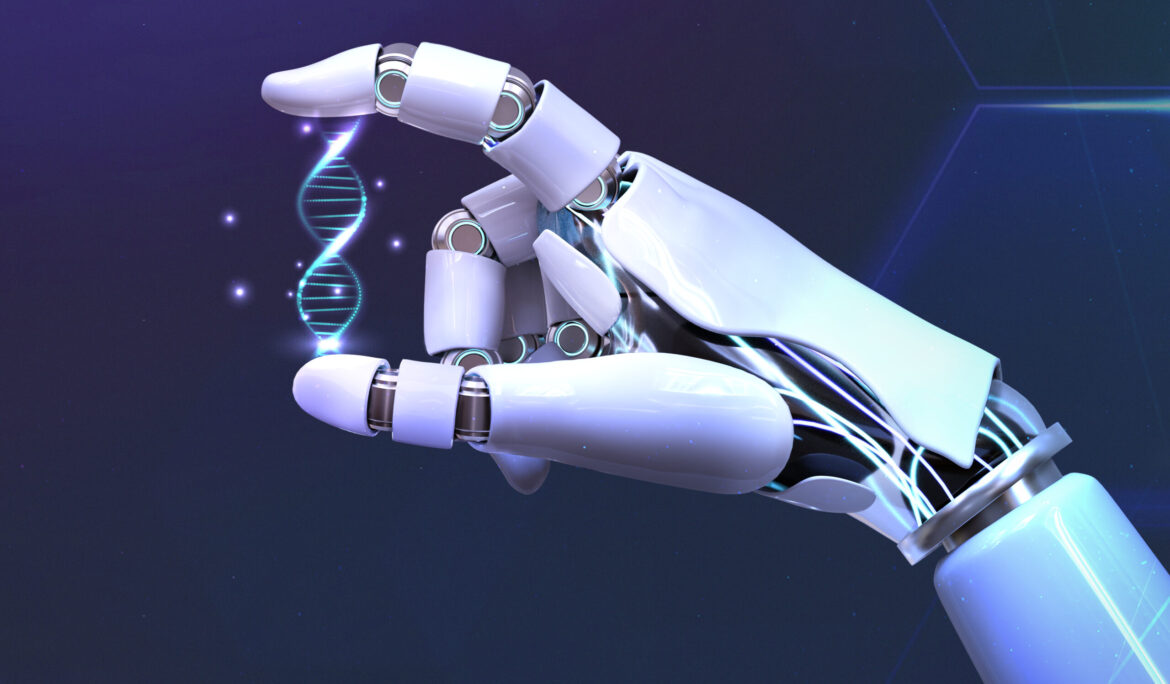How Are AI and Machine Learning Revolutionizing Embryo Selection in IVF?

How Advancements in Artificial Intelligence and Machine Learning Optimize Embryo Selection During the IVF Process
In vitro fertilization (IVF) has revolutionized fertility treatment, providing hope for countless individuals and couples struggling with infertility. A critical component of the IVF process is the selection of the most viable embryo for implantation. Recent advancements in artificial intelligence (AI) and machine learning (ML) are significantly enhancing the accuracy and efficiency of embryo selection, promising higher success rates and better outcomes for patients. In this article, we explore how these cutting-edge technologies are transforming the landscape of IVF.
Understanding Embryo Selection in IVF
Embryo selection involves identifying the healthiest embryos with the highest potential for successful implantation and pregnancy. Traditionally, embryologists have relied on morphological assessment, evaluating the shape, size, and development of embryos under a microscope. While this method has been effective, it is subjective and dependent on the expertise of the embryologist. This is where AI and ML come into play, offering more objective, consistent, and precise assessments.
The Role of AI and ML in Embryo Selection
-
Image Analysis and Pattern Recognition
AI and ML algorithms excel in analyzing large datasets and identifying patterns that may be imperceptible to the human eye. In the context of IVF, these technologies are applied to images of embryos captured at various stages of development. Advanced image recognition software can evaluate thousands of embryos, learning to distinguish subtle differences in morphology that correlate with higher implantation success rates.
-
Predictive Modeling
Machine learning models can be trained on historical IVF data, including embryo characteristics and their outcomes. By analyzing this data, ML algorithms can predict the likelihood of successful implantation for new embryos with remarkable accuracy. These predictive models consider a multitude of factors, including embryo morphology, patient age, genetic information, and previous IVF outcomes, to generate a comprehensive assessment.
-
Genetic Screening and Analysis
AI and ML are also enhancing genetic screening techniques, such as preimplantation genetic testing (PGT). These technologies can analyze complex genetic data more efficiently, identifying embryos with the optimal genetic profile. This reduces the risk of genetic disorders and increases the chances of a healthy pregnancy.
-
Time-Lapse Imaging
Time-lapse imaging is a technique that captures continuous images of embryo development without disturbing the culture environment. AI algorithms can analyze these time-lapse videos to track the dynamic changes in embryos over time. This provides a more detailed understanding of embryo development, allowing for better selection decisions.
Benefits of AI and ML in Embryo Selection
-
Increased Success Rates
The primary benefit of using AI and ML in embryo selection is the potential for higher success rates. By identifying the most viable embryos with greater accuracy, these technologies increase the chances of successful implantation and pregnancy.
-
Reduced Subjectivity
AI and ML provide objective assessments based on data, reducing the subjectivity and variability associated with human judgment. This consistency leads to more reliable outcomes across different IVF clinics and embryologists.
-
Enhanced Efficiency
Automating the embryo selection process with AI and ML saves time and resources. Embryologists can focus on other critical aspects of IVF treatment, while the algorithms handle the complex analysis tasks.
-
Improved Patient Experience
Higher success rates and more efficient processes translate to a better overall experience for patients. Fewer IVF cycles are needed to achieve pregnancy, reducing emotional and financial stress.
How do AI and ML improve embryo selection?
AI and ML improve embryo selection by providing more objective, consistent, and precise assessments. They analyze large datasets and identify patterns that may not be visible to the human eye, predict the likelihood of successful implantation, and enhance genetic screening techniques.
What is the role of AI in image analysis for embryo selection?
AI algorithms can analyze images of embryos captured at various stages of development, learning to distinguish subtle differences in morphology that correlate with higher implantation success rates. This improves the accuracy of selecting the best embryos.
How does machine learning predict successful implantation?
Machine learning models are trained on historical IVF data, including embryo characteristics and outcomes. By analyzing this data, ML algorithms can predict the likelihood of successful implantation for new embryos, considering factors like morphology, patient age, genetic information, and previous outcomes.
What are the benefits of using AI and ML in embryo selection?
The benefits include increased success rates, reduced subjectivity, enhanced efficiency, and improved patient experience. AI and ML provide more accurate assessments, save time and resources, and reduce the need for multiple IVF cycles.
What is time-lapse imaging, and how does it help in embryo selection?
Time-lapse imaging captures continuous images of embryo development without disturbing the culture environment. AI algorithms analyze these time-lapse videos to track dynamic changes in embryos over time, providing a detailed understanding of their development for better selection decisions.
What are the challenges of integrating AI and ML in embryo selection?
Challenges include ensuring the quality of data used to train algorithms, maintaining data privacy and security, and obtaining regulatory approval. Integrating these technologies into clinical practice also requires careful validation.
How does AI-enhanced genetic screening work?
AI enhances genetic screening techniques like preimplantation genetic testing (PGT) by efficiently analyzing complex genetic data. This helps identify embryos with the optimal genetic profile, reducing the risk of genetic disorders and increasing the chances of a healthy pregnancy.
What is the future of AI and ML in IVF?
The future of AI and ML in IVF is promising, with ongoing research and development refining these technologies for even greater accuracy and accessibility. As AI and ML become integral to IVF, they are expected to transform fertility treatment and improve outcomes for patients.
Why is reducing subjectivity important in embryo selection?
Reducing subjectivity is important because it leads to more reliable and consistent outcomes across different IVF clinics and embryologists. Objective assessments based on AI and ML data reduce variability and improve the overall success rates of IVF treatments.
Challenges and Future Directions
While the benefits of AI and ML in embryo selection are clear, there are challenges to address. The quality of the data used to train algorithms is crucial, and ensuring data privacy and security is paramount. Additionally, integrating these technologies into clinical practice requires careful validation and regulatory approval.
Looking ahead, the future of AI and ML in IVF is promising. Ongoing research and development will continue to refine these technologies, making them even more accurate and accessible. As AI and ML become integral to IVF, they have the potential to transform fertility treatment, offering new hope to those striving to build their families.
Conclusion
Advancements in artificial intelligence and machine learning are optimizing embryo selection during the IVF process, leading to higher success rates, reduced subjectivity, and improved patient experiences. By leveraging these cutting-edge technologies, the field of reproductive medicine is poised for significant progress, bringing us closer to a future where infertility is more effectively and efficiently addressed.


